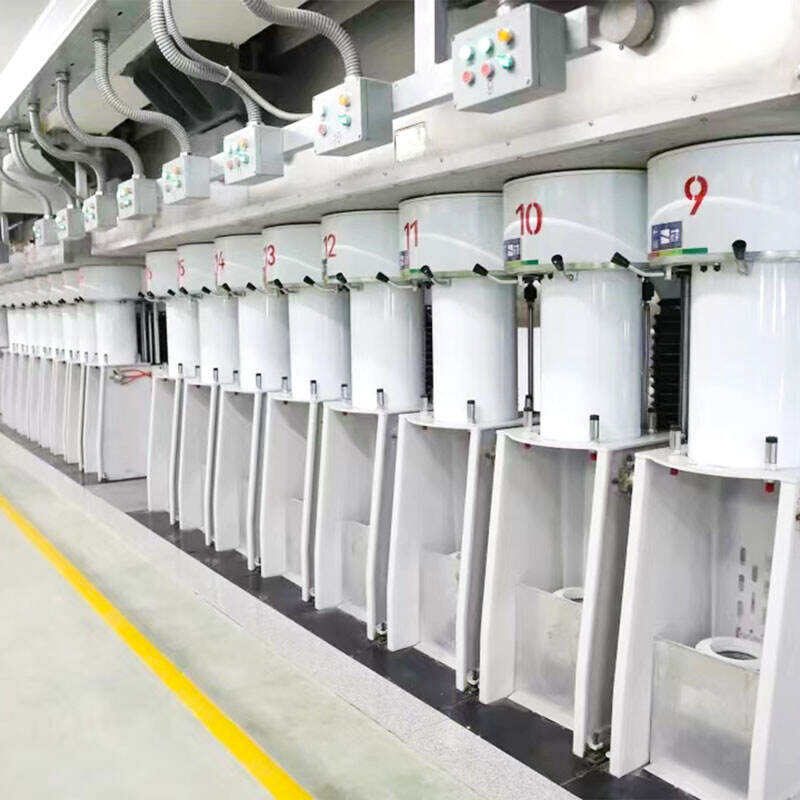
PLA fibers are quickly becoming popular in the textile industry as an eco-friendly substitute to regular fibres. PLA fibres are bio-degradable being manufactured from renewable resources such as corn or sugar cane and offer distinct advantages while maintaining exceptional functional characteristics. This paper examines PLA fibres in details, their use and advantages signifying the shift in the textile sector towards using less harmful practices.
The first and most important advantage of PLA fibres is their being sustainable. As the production process uses renewable resources, the amount of fossil fuel consumption is also notably decreased. In addition, PLA fibres are compostable which means that they will decompose into non-toxic materials in the compost within a few months. This property is very important in order to reduce the adverse effects of textiles on the nature especially now, when plastic pollution is an issue of global concern.
PLA fibres possess also other quite good functional properties, such as moisture transport and breathability. Because of these qualities, they are suitable for a wide range of applications including activewear since performance is critical. Offer PLA fabrics are silk like posh fabrics and thus are used in nearly every aspect of the consumer market from garments to home textiles.
Beyond their functional advantages, PLA fibers also meet the rising consumer preferences towards green products. With the rise in consciousness toward environmental concerns, consumers are looking for options that do not harm the environment compared to the existing fabrics. Companies engaged in the production of PLA fibers are not only responding to this need but also repositioning their brand as eco-friendly ones.
PLA fibers are not only limited to use in garments but are also used in other industries including, automotive interior and medical fields. Given the growing need for these materials, PLA fiber production could significantly develop the textile industry in the years to come. Companies who want to get their hands on this all-new fiber will have the near-term goal of assisting company’s sustainability efforts, and the long-term of becoming one of the-market leaders.